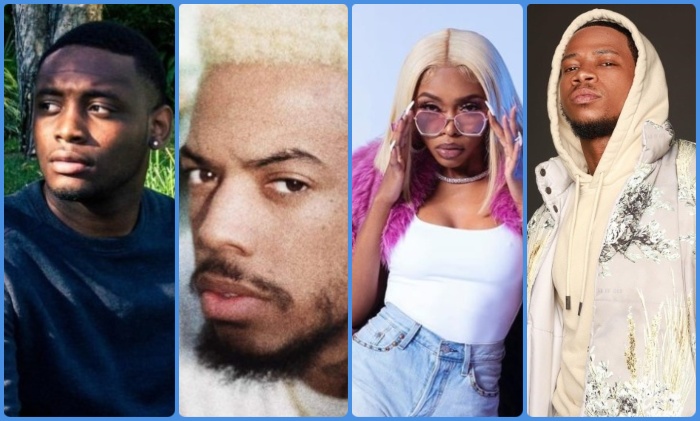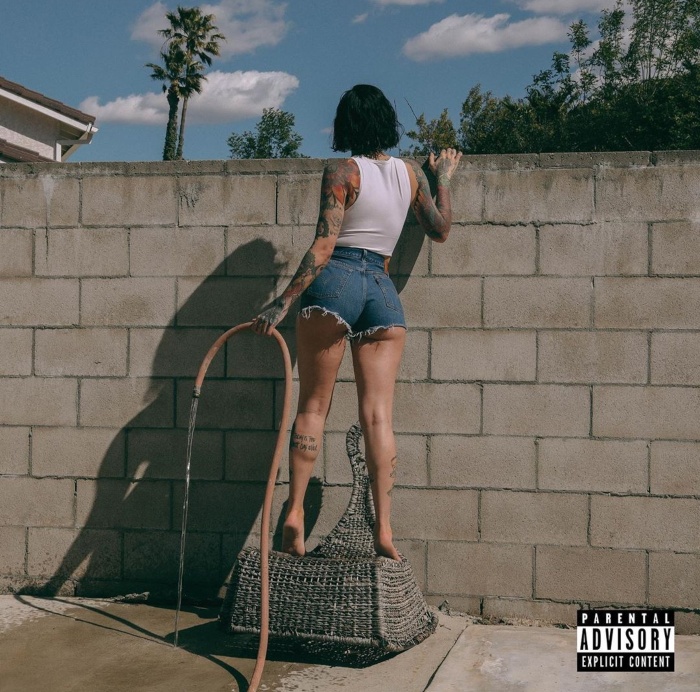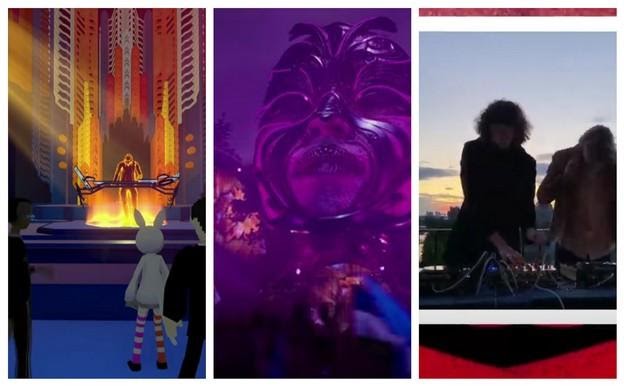The novel coronavirus will likely be remembered as “the virus that shut down the world”. In most countries, schools and universities have closed, pubs and bars can only work at limited capacity and in open-air, cinemas are empty, shopping malls are deserted – entertainment as we knew it was put on hold.
Music festivals were perhaps hit the hardest by the measures meant to slow down the spread of the virus. While many countries have reopened at least in part, there are still many restrictions: Europeans from certain countries and Canadians can visit most of the popular tourist cities but quite often, they have to undergo testing and observe rigorous measures to prevent the virus’s spread. And to make things worse for festivals, the authorities in many countries have banned events with more than 500 – sometimes, 50 – participants.
The people behind certain events have, in turn, refused to let a global pandemic stop them. Instead of canceling their events or postponing them indefinitely, they found a new venue to still organized them: online
Alone Together
Electronic music veteran Jean-Michel Jarre is well-known for pushing the limits – his live concerts broke the Guinness World Record for the largest concert three times in the 1970s and the 1980s. This year, in turn, he tried something new that allowed him to play in front of a live audience while keeping the distance: virtual reality.
His VR concert “Alone Together” took place on June 21 on his YouTube channel, through VRrOOm, and Facebook. It could be followed by anyone with pretty much any mainstream VR headset, and anyone without one – not in VR, obviously – through the “traditional” channels. The concert was seen by 220,000 people on YouTube alone.
Tomorrowland Around the World
Tomorrowland gathers hundreds of thousands of EDM fans from all over the globe each year – not in 2020, though. But the people behind it did not despair. Instead of filling social media with recordings of previous editions – like Sziget, for example – they decided to hold all their events in an alternate location: cyberspace.
Tomorrowland Around the World was a two-day event held in a virtual location purpose-built to host it. The DJs and performers did their thing live in front of a green screen, and their image was beamed to the fantasy island of Pāpiliōnem where participants from all over the globe could see them live on the stage.
Unlike many other events, this one was paid – a ticket for both days cost €20 (around $23.5). The company behind the event reported selling more than 1 million tickets to the live event – and “Relive” tickets are on sale for those who want to witness the event’s recording.
Tomorrowland Around the World has shown that there is a genuine interest in virtual festivals – especially during these trying times.
House Party Against Hunger
Many artists have held virtual events to support various causes during these trying times – one of the latest has been “House Party Against Hunger”, a 12-hour special event headlined and curated by Grammy-winning Clean Bandit. The event featured DJs from five continents with the goal to tackle wold hunger together with charity Global Citizen.
The event was seen by more than 80,000 people from around the globe.
With the global pandemic raging on, there’s no telling when (if ever) things return to normal. For the time being, it seems, virtual events and live streams will be the new normal.
Readers Might Also Like:
 R&B Singers You Should Be Paying Attention To
R&B Singers You Should Be Paying Attention To
 Round By Round Break Down of the Jill Scott vs Erykah Badu Verzuz Battle
Round By Round Break Down of the Jill Scott vs Erykah Badu Verzuz Battle
 [LISTEN] Kehlani Shares New Album, ‘It Was All Good Until It Wasn’t‘
[LISTEN] Kehlani Shares New Album, ‘It Was All Good Until It Wasn’t‘

